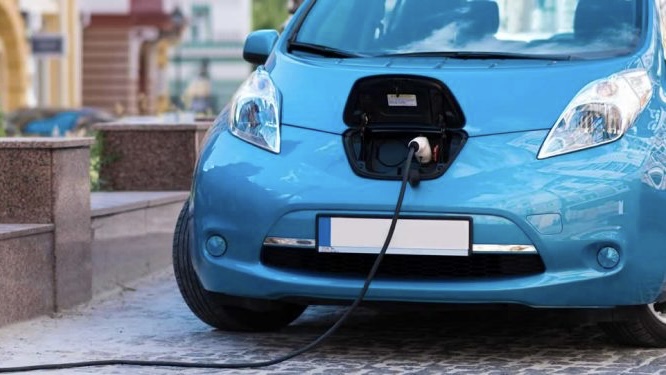To modernize its fleet and embrace sustainable practices, Kenya is set to provide electric vehicles (EVs) to its police officers and National Government Administration Officers (NGAO). President William Ruto announced the initiative as part of a broader government effort to lead by example in transitioning to environmentally friendly transportation.
President Ruto recently confirmed that the Kenyan government is committed to gradually phasing in electric vehicles across its fleet, starting with the police force and NGAO personnel. The initiative, he noted, is not only a step towards sustainability but also a cost-effective measure. “In the next few months, you will be provided with electric vehicles that, once fully charged, can do 300 kilometers,” Ruto said during a meeting with NGAO officers at the Kenya School of Government in Lower Kabete, Nairobi County.
This ambitious plan aims to deliver 1,000 EVs annually, gradually ensuring that every officer at a specific level receives a vehicle. “We will see if we can get 1,000 vehicles every year until we have every officer at a certain level with a car,” Ruto stated. The initiative underscores the government’s commitment to reducing reliance on fossil fuels, as each EV will be equipped with a charger, enabling officers to recharge their vehicles while at their offices. This shift not only eliminates the need for fuel but also reduces the operational costs associated with running a fleet of conventional vehicles.
Kenya’s push toward electric mobility is not a new endeavor. In recent years, the country has been working to accelerate the adoption of electric vehicles and expand the necessary infrastructure to support them. This transition has been marked by several key developments, including the introduction of policies and investments aimed at fostering a robust EV ecosystem.
One of the significant milestones in Kenya’s journey towards electric mobility was the April announcement by Kenya Power, the country’s primary energy utility, which revealed its plans to set up EV charging infrastructure and unveiled the electric vehicles it had recently acquired. This move aligns with the National Building Code 2024, which mandates that all commercial buildings must allocate 5% of their parking spaces for EV charging stations. Kenya Power’s commitment to supporting the EV transition is evident in its investment of KShs.258 million (around $1.9 million) over the next three years to establish charging stations across the country.
The initiative to equip police officers and NGAO personnel with electric vehicles is expected to have a significant impact on the adoption of EVs in Kenya. By leading the charge, the government hopes to set an example for other sectors and encourage widespread acceptance of electric vehicles. The decision to prioritize police and government officials in the rollout is strategic, as it not only addresses the transportation needs of these critical personnel but also showcases the practicality and benefits of EVs to the broader public.
Kenya’s efforts to promote electric mobility were further bolstered in March with the launch of the country’s first Electric Mobility Draft Policy. This policy is designed to guide the development of electric mobility across various modes of transport, including road, rail, air, and maritime. The draft policy represents a comprehensive approach to building a sustainable transportation network that leverages the benefits of electric vehicles.
The Energy and Petroleum Regulatory Authority (EPRA) has also been actively monitoring the growth of the EV market in Kenya. According to EPRA’s most recent report, between July and December 2023, a record 2,694 new electric vehicles were registered in the country, bringing the total number of EVs in Kenya to 3,753. This significant increase in EV registrations reflects the growing interest in electric mobility among both consumers and businesses.



